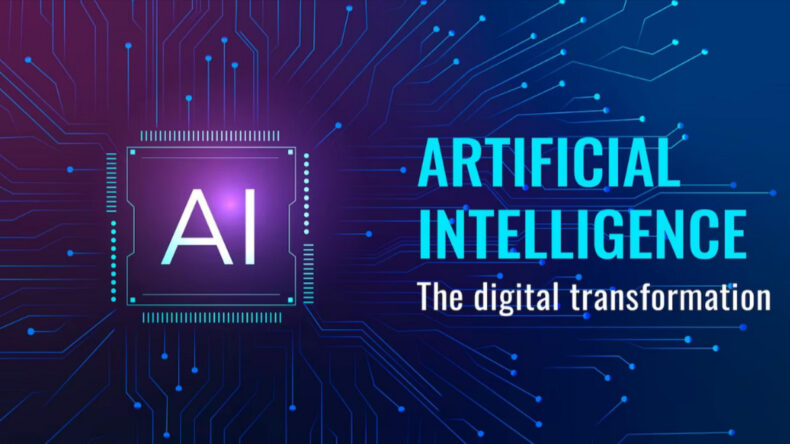On Thursday, the U.S. Congress announced two different AI bills seeking to address Ethical advancements surrounding technology.
Table of Contents:
Introduction:
Artificial intelligence (AI) has become an integral part of our world today, transforming everything from healthcare to transportation. Recognizing the need to regulate this rapidly changing technology, the US Congress is ready to consider two new AI bills to improve the future of intelligence. If these values pass, they will not only foster innovation and economic growth but will also be important for fair decision-making and accountability. Let’s understand these laws and their potential impact on the field of intelligence.
Artificial Intelligence in Government Policy:
The first bill on the agenda in Congress is Artificial Intelligence in Government Policy. Its main goal is to facilitate the integration of AI technology with government agencies so that they can work more efficiently. The law highlights the importance of AI R&D and encourages government agencies to collaborate with business and academic experts to harness the potential of AI for public service.
The State Artificial Intelligence Act also promotes transparency and accountability in AI decision-making processes in government. It requires the creation of an AI Center of Excellence tasked with developing guidelines and best practices for the responsible use of AI in the public sector. The plan aims to address issues related to integrity, privacy, and data security to ensure that AI systems used by government agencies meet best practices.
Algorithmic Accountability Act:
The second bill under consideration is the Algorithmic Accountability Act, which aims to govern the public and private sectors using artificial intelligence and machine learning algorithms. The law recognizes the potential for bias, discrimination, and injustice in automated decision-making and seeks to reduce these risks.
The Code of Conduct provides a framework for transparency and oversight of AI systems. It requires companies and organizations to use AI algorithms to measure impact and identify and correct any bias or negative impact on protected groups such as race, gender, and age. The plan ensures that AI technology is developed and used in a way that promotes justice and fairness.
In addition, the bill requires the Federal Trade Commission (FTC) to establish guidelines and standards for the use of artificial intelligence, with a focus on protecting consumer privacy and preventing fraud. By giving the FTC the power to enforce these regulations, the law aims to protect the rights of individuals and prevent AI technology from being used to cause harm.

Potential Impact of AI Bills and Promoting Ethical Advancements:
If these AI bills become law, they will have a huge impact on the AI industry and society at large. On a positive note, the legislation shows that the US government is committed to supporting responsible AI development and deployment. By promoting transparency, accountability, and ethical decision-making, these bills focus on building public trust in AI technology.
In addition, the proposed laws can support innovation and business growth by providing a clear regulatory framework for the AI industry. Companies and organizations will have guidelines to ensure their AI systems comply with ethical advancements and legal standards.
This transparency can attract investment and support the development of AI technology in the United States.
However, there are concerns that overregulation could stifle innovation and hinder US companies’ competitiveness in the global AI market. Striking the right balance between fostering innovation and ensuring ethical behavior is critical to the success of these actions.
Conclusion:
Congressional debates on AI in government policy and administrative law demonstrate awareness of the need to manage AI technologies. These values are essential for transparency, accountability, and ethical decision-making in the development and implementation of AI systems.
If enacted, they have the potential to shape the future of intellectual property in the United States by fostering innovation, protecting individual rights, and promoting responsible practices.
As AI continues to evolve, finding the right balance between control and innovation will be key to tapping into the potential of this revolution.












